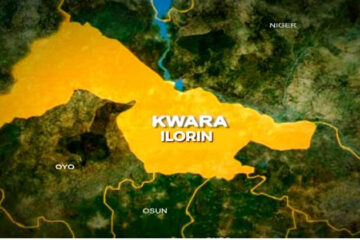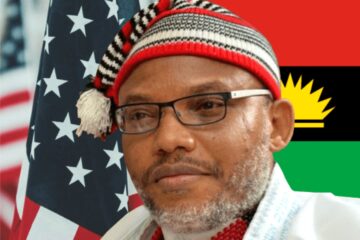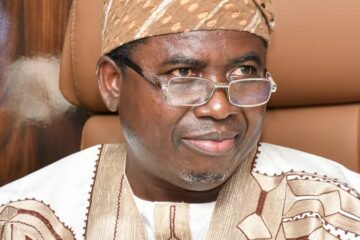Buhari seeks approval of $800m subsidy palliative loan

President Muhammadu Buhari has written to the National Assembly seeking approval for a fresh $800m loan from the World Bank.
The President of the Senate, Ahmad Lawan, read out Buhari’s request to lawmakers on the floor of the Senate.
The President partly wrote, “Please note that the Federal Executive Council approved an additional loan facility to the tune of $800m to be secured from the World Bank, for the National Social Safety Net Programme and the need to request for your consideration and approval to ensure early implementation.
“The Senate may wish to note that the programme is intended to expand coverage of shock responsive safety net support among the poor and vulnerable Nigerians. This will assist them in coping with the costs of meeting basic needs.
“You may wish to note that, the Federal Government of Nigeria under the conditional cash transfer window of the programme will transfer the sum of N5,000 per month to 10.2 million poor and low-income households for a period of six months, with a multiplier effect on about 60 million individuals. In order to guarantee the credibility of the process, digital transfers will be made directly to beneficiaries’ accounts and mobile wallets.
Buhari added, “Given the above, I wish to invite the Senate to kindly approve an additional loan facility to the tune of $800m to be secured from the World Bank for the National Social Safety Net Programme,” expressing hope that the request will “receive expeditious consideration by the Senate.”
According to The Punch, Nigeria’s borrowing from the World Bank had reached $14.34bn as of March 31, 2023.
This was an increase from the $13.93bn debt recorded by the Debt Management Office as of December 31, 2022.
This means that fresh disbursements on approved loans added $410m to Nigeria’s debt from the World Bank in the first quarter of 2023.
The IBRD lends to governments of middle-income and creditworthy low-income countries, while the IDA provides concessionary loans – called credits – and grants to governments of the poorest countries.











